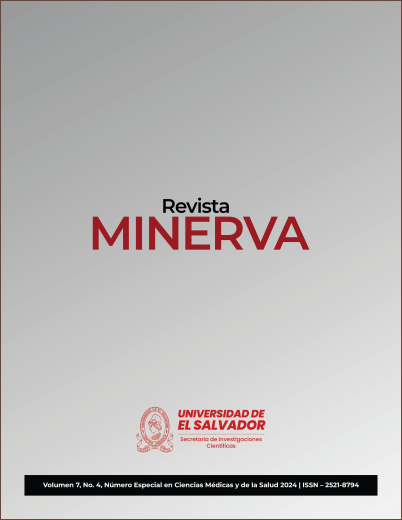Configurations of power in the university community of the School of Medicine. An ethnographic study
DOI:
https://doi.org/10.5377/revminerva.v7i4.19269Keywords:
Political anthropology, configurations of power, university community, School of Medicine, El SalvadorAbstract
The research is referred to the study of the daily social phenomenon named power relations that are configured among the groups of people of the university community of the University of El Salvador in the School of Medicine. The objective is to analyze the instrumental modalities of the effect of the word, disparities or economic differences between members, control mechanisms and the forms of institutionalization for the exercise of power, namely traditions, customs, fashions, regulations and hierarchical structures. The use of the ethnographic method that, through field notes and participant observation, was able to produce the analysis of the actors of the university community (students, teachers and administrative staff) and the power relations between them and their peers. The results establish antagonistic relationships between members of the university community and between students, both symbolic and factual. It can be clearly identified in the study the indispensable elements for the exercise of power relations, first that there is a recognized subject over whom power is exercised and second that this is maintained until the end as a subject of action that assumes the relationship of institutionalized power. The exercise of the described power concludes on the training for the formation of disciplined, obedient but severe and individualistic professionals, it will be necessary to ask how much of these features are maintained and how much of them are maintained until the end.
258


